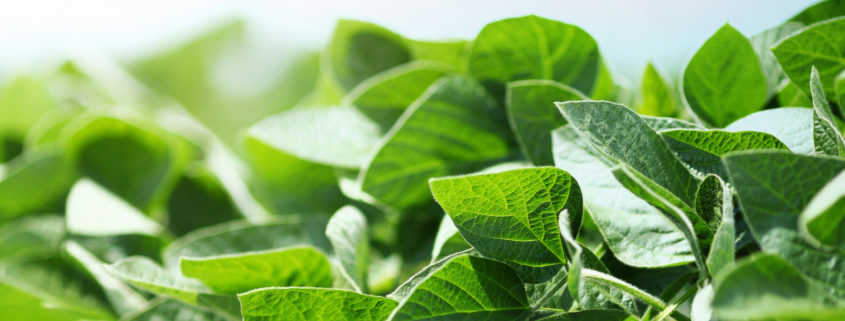SSGA’s ‘action of opportunity’
Last week, Thailand announced it will ban the herbicide glyphosate effective Dec. 1. In a letter to Thailand Prime Minister Prayut Chan-o-cha, USDA Undersecretary Ted McKinney urged a focus on “scientific evidence,” warning that a glyphosate ban would “severely impact Thailand’s imports of agricultural commodities such as soybeans and wheat.”
In 2018, the U.S. exported $2.1 billion in agricultural products to Thailand. Soybeans are the largest U.S. agricultural commodity exported to Thailand, equating to $593 million in 2018, primarily for animal feed. SSGA members ship soybeans for tofu, and specialty grains such as rye hybrids. All these crops move in containers with U.S. identity preserved practices.
“Moving grains and oilseeds to Thailand is a business, and specialty field crops are sold by small businesses who need support to be informed about these changes and react to them,” says SSGA Executive Director Eric Wenberg. “It’s SSGA’s job to make sure our members have the information they need to educate their buyers about what’s happening in the market.”
SSGA is making proactive moves to ensure strong relations continue with its trading partners. Rob Prather, an SSGA member and chief strategic ambassador for Iowa-based Global Processing, is traveling to Southeast Asia in November to meet with several buyers.
“We’re hoping to get the story behind what’s going on,” says Prather, who holds more than a decade of experience connecting growers with international buyers.
Wenberg helped connect Prather with USDA’s Foreign Agricultural Service office in Bangkok, and provided Prather with the necessary background information to represent himself and the industry.
“Eric wants us to be an organization of quick action, an action of opportunity,” says Prather, who serves on SSGA’s food grade soya action team. “Both countries addressed this last week and now we’re going to address it personally with FAS in Thailand, which is a huge opportunity.”
Prather has traveled several times to Southeast Asia previously, but this will be his first visit as an SSGA member. He says the connections brought forth from his SSGA membership are paying dividends.
“It gives us another facet to what we can do. As SSGA members, now we can interface directly with FAS — we couldn’t do that before,” he says. “If I have a problem with shipping to Thailand, I don’t have a solution for it, but because of SSGA now I do. I feel like I can get more of a quicker solution to help not only myself and my company, but other people and SSGA members who are doing the same thing.”
Prather says his SSGA membership allows him to connect more directly with Southeast Asia on the specific issues he cares about and, by extension, a firmer grasp of trade relations with Thailand when he returns home.
“This shows that we’re fairly connected and we’re not starting from scratch,” he says. “We’re utilizing our knowledge base in an efficient and effective way.”
While the United States faces the loss of potential Thai sales, Thailand has problems with its sales to the United States, adding to trade tensions between the countries. Recently, the Office of the U.S. Trade Representative issued a statement halting $1.3 billion in trade preferences for Thailand, citing labor rights concerns.
“This is another example of circumstances where trade concerns outside agriculture can complicate finding solutions,” Wenberg says. “We hope the Thai government and the United States can work together to solve each other’s trade concerns in a way that doesn’t stop our exports.”







Leave a Reply
Want to join the discussion?Feel free to contribute!